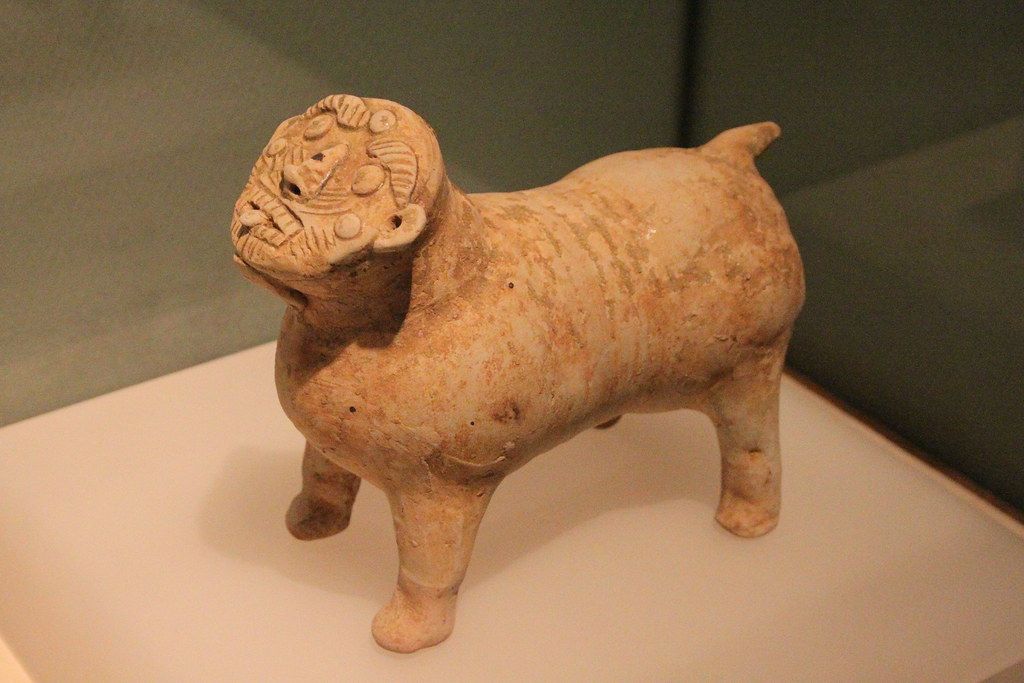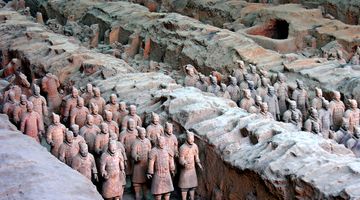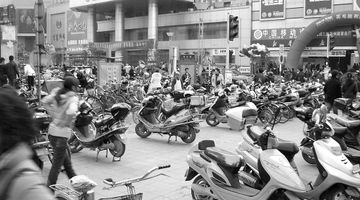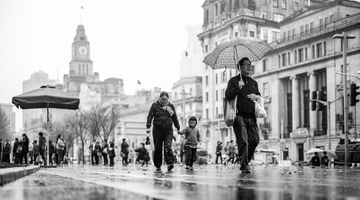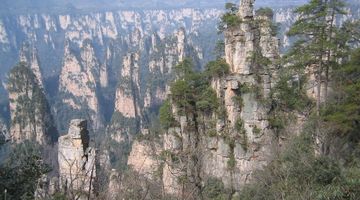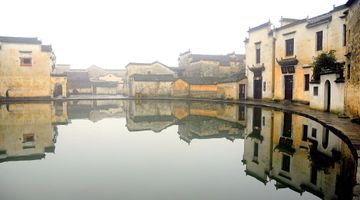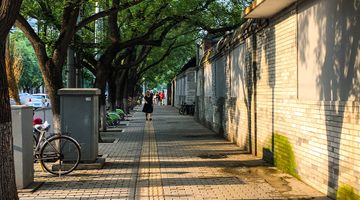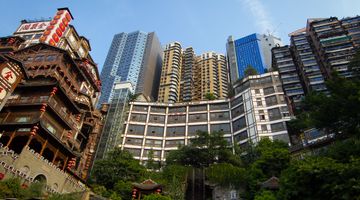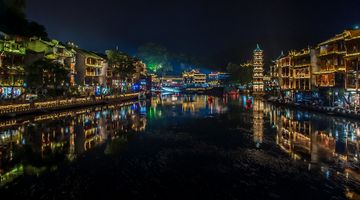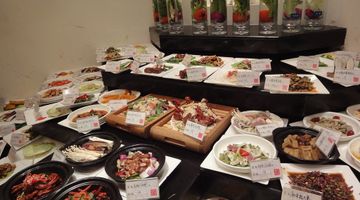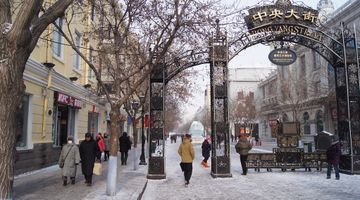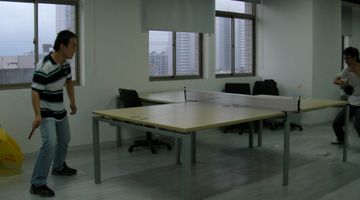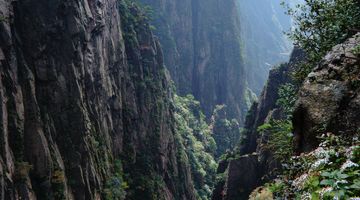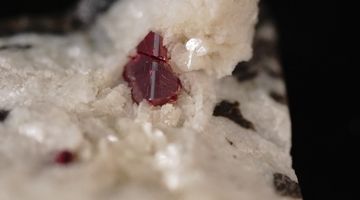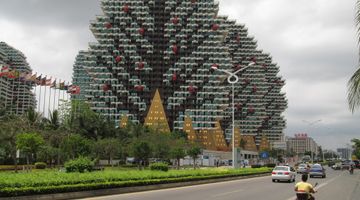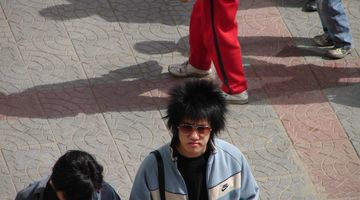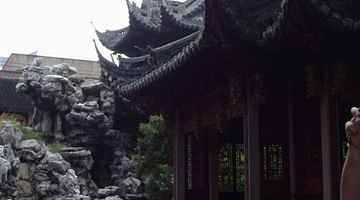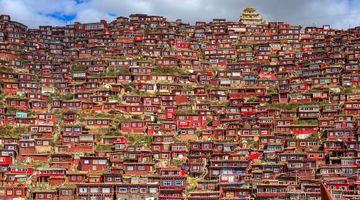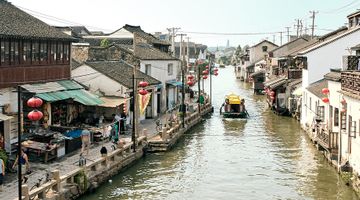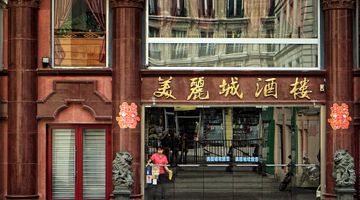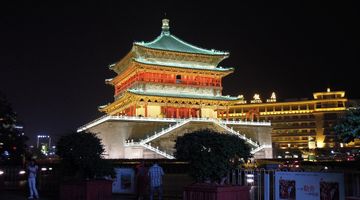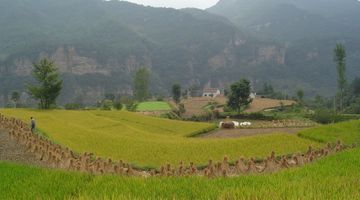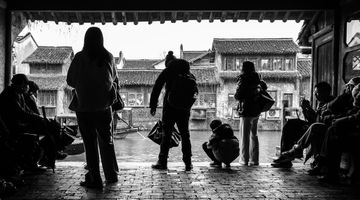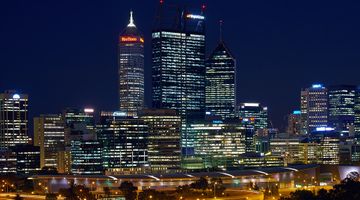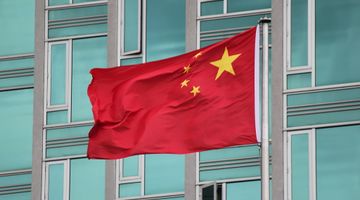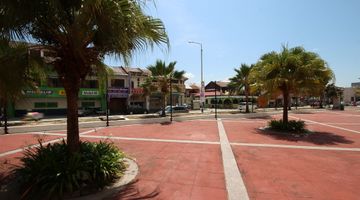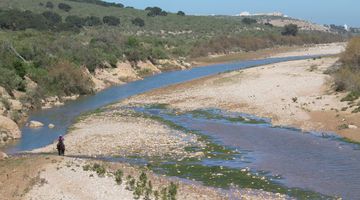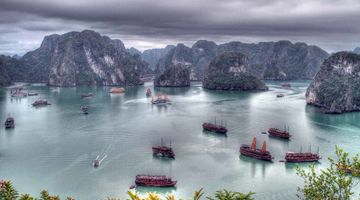Hubei Province China – Your Quick Travel Guide
In a nutshell
Hubei province is located in central China with the mighty Yangtze River flowing through its centre and said to be one of the places where ancient Chinese people originated from.
Where to go in Hubei
Enshi
Enshi is a small city in the west of the province and has many attractions worth visiting including an ancient city, its own version of the Grand Canyon, 48 rapids you can safely ride over along the Qingjiang River and the cliff top village of Yumu. There are several ethnic minority groups in Hubei you can visit some here in and around Enshi.
Ezhou
Ezhou is in the east of Hubei, close to the city of Wuhan and Liangzi Lake is said to be the home of Wuchang Fish, a traditional food of the province. The lake today is a tourist resort, particularly for the elderly. Nearby, another resort can be found at Lotus Mountain, the tallest of ten local peaks.
Jingmen
Jingmen has two notable attractions, the Xianling Tomb from the Ming dynasty lies at the foot of Songlin Mountain and was built by Emperor Jiajing for his parents. The magnificent complex covers an area of 183 hectares. Huangxian Cave is a karst cave full of geological wonder among its underground streams. The cave is over 2 kilometres long and the mouth to the cave is enormous. Inside the stalagmites and stalactites are sights of wonderful colours through the different rock formations.
Jingzhou
Jingzhou is a city with over 6000 years of history. It was a capital of the Chu state from 770BC until 476BC and an important trading centre on the Yangtze River. It is one of the best preserved ancient cities in central China with its current city walls dating from the 16th century. In its museum is the 2000 year old mummified body of a male and several relics from famous battles that occurred locally to this city.
Shiyan
Shiyan in the north west of Hubei is the base to explore the Wudang Mountains as well as the Shennongjia Nature Reserve. They are adjacent to each other; the nature reserve is the best preserved subtropical forest within China while the mountain area is regarded as the county’s most distinguished Taoist mountains. There is beautiful natural scenery, ancient buildings and culture at this World Heritage site.
Wuhan
Wuhan is the capital city of Hubei province with a long history, full of culture and attractions to keep tourists of all ages entertained. It is also a city a high percentage of young people with over 80 universities and more than one million university students. Its biggest tourist attraction is the Yellow Crane Tower; it is also where the Wuchang Uprising began in 1911 which led to the creation of the China of today.
Yichang
The city of Yichang today draws in tourists for the Three Gorges Dam but it has more than that to offer the tourist. It has over 4000 years of history and was considered of great strategic importance during the Spring and Autumn Periods of 770BC-476BC with many important battles taking place here.
When is the Best Time to Visit Hubei?
Hubei has hot and humid summers and dry, cold winters. The best time to visit is in the autumn months of September through to November, there is still good sunshine with little rainfall and pleasant temperatures. May and June are also good times to visit although you would be advised to bring an umbrella as sudden showers of rain can occur at any time.
Where to Stay in Hubei
Staying overnight in Wuhan is not a problem as there are hundreds of hotels caterings to all budgets and the international hotels are used to visitors from overseas. Yichang has less choice but is also used to receiving foreign guests and the hotels are similarly priced because of the interest the Three Gorges brings to the area. Outside of these two cities there is hotel accommodation but many places will not be used to receiving foreign visitors and communication could be a problem as could a lack of choice if you prefer quality over price.
Where and What is There to Eat in Hubei?
Hubei food is influenced by that of Sichuan and Hunan provinces so lots of spices such as chili and other hot peppers are used in the cooking methods. In Wuhan they eat lots of soups and noodles, with hot dry noodles being a local specialty. Huangzhou style from the city of Huanggang, uses more oil in its food which is known for having a salty taste. Jingzhou’s style of cooking is based on fish and its main method of cooking is through steaming.
Wuhan has lots of choices for international food and to a lesser extent so does Yichang, but outside of these your choices for western food will be very limited to possibly one or two fast food outlets in a city.
How to Get Around Hubei
Most of the transportation radiates out from Wuhan. There are 6 airports in the province and each is only linked to Wuhan not to any others.
Trains also generally operate from or through Wuhan to these destinations with the exception of Enshi and Yichang that are on the same line from the provincial capital. Fast trains operate to most of the main cities in Hubei.
If you need to get from one city to another without going through Wuhan then express buses will be your best option with Yichang to Shiyan having two buses each day departing at 8am and 6pm.
How to Get To and From Hubei
By air
From within China you can get flights to Hubei from several Chinese cities such as Yichang which is served by flights from 20 other Chinese cities or Enshi which has flights to just 6 other cities within China. Wuhan has the only international airport in the province and has flights to over 70 cities in China and around 50 international destinations.
By train
Train services into Hubei are plentiful with Enshi just 2 hours from Chongqing by high speed trains. In the south of the province Xianning is on the main routes from southern destinations and Guangzhou is less than four hours away on the high speed network. Ezhou in the south east of the province is well connected to neighbouring Jiangxi and Anhui provinces with regular trains to Nanchang, Jiujiang and Hefei cities. To the north of Hubei trains coming from Henan province or further away such as Beijing travel through the cities of Xianggang and Jingmen, often on route to Wuhan.
By bus
There are express bus services from each of the major cities in Hubei that have good connections to neighbouring cities in adjoining provinces as well as further afield. The Yangtze River provides another entry point into Hubei either upstream or downstream with cruises available from cities as far away as Chongqing and Shanghai.
Is it Safe in Hubei?
Hubei is very safe for Foreigners to visit, it is extremely rare to hear of attacks against foreigners in this province.
While travelling it is advisable to not carry too much cash on you as some pickpockets do operate around bus and train stations or anywhere there are crowds.
Take care when crossing busy roads as there are lots of drivers that ignore red lights and even if you have the right of way they think pedestrians should yield to them.
Should you become ill and require medical attention there are international hospitals in Wuhan as well as one that is equipped to treat foreigners in Yichang. The standard of medical care in the rest of the province may not be to the standards you are used to.

